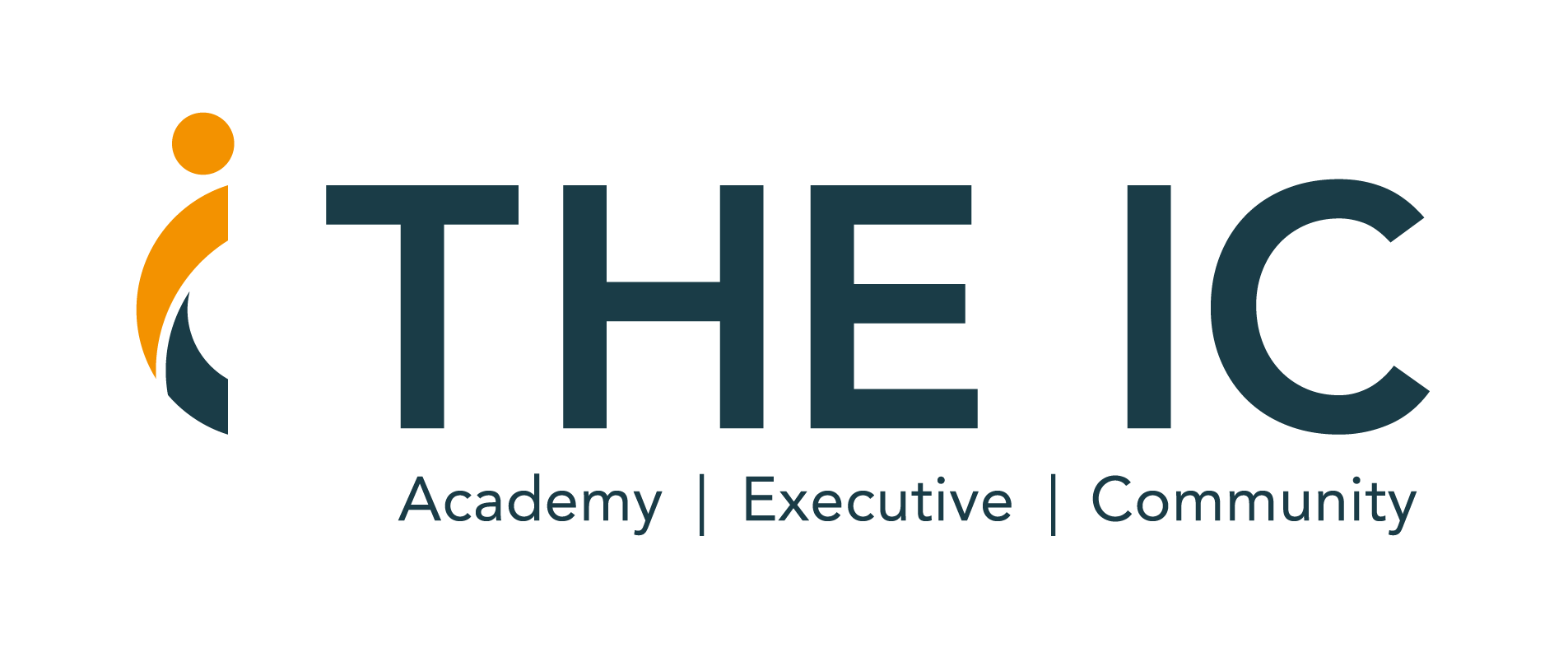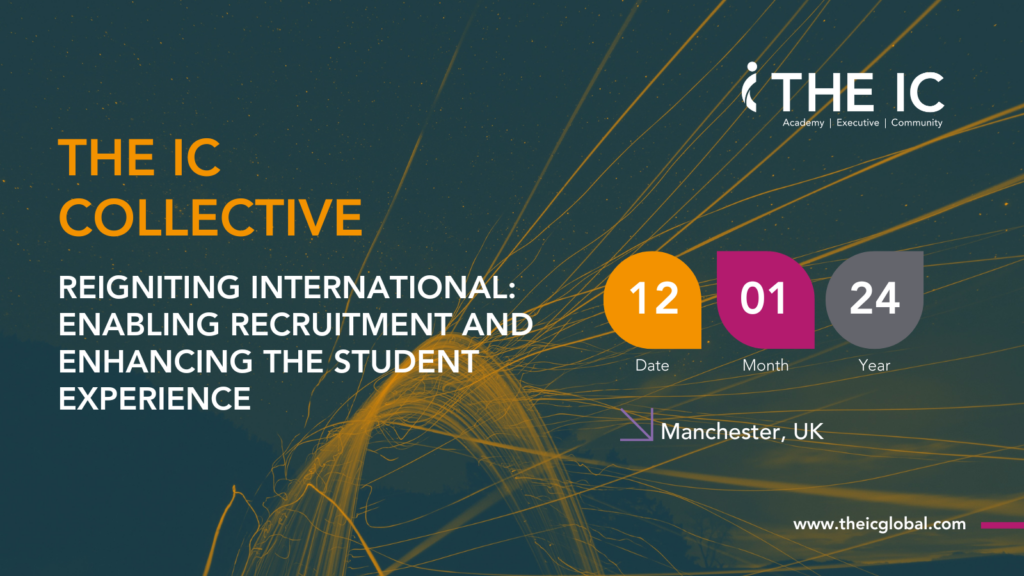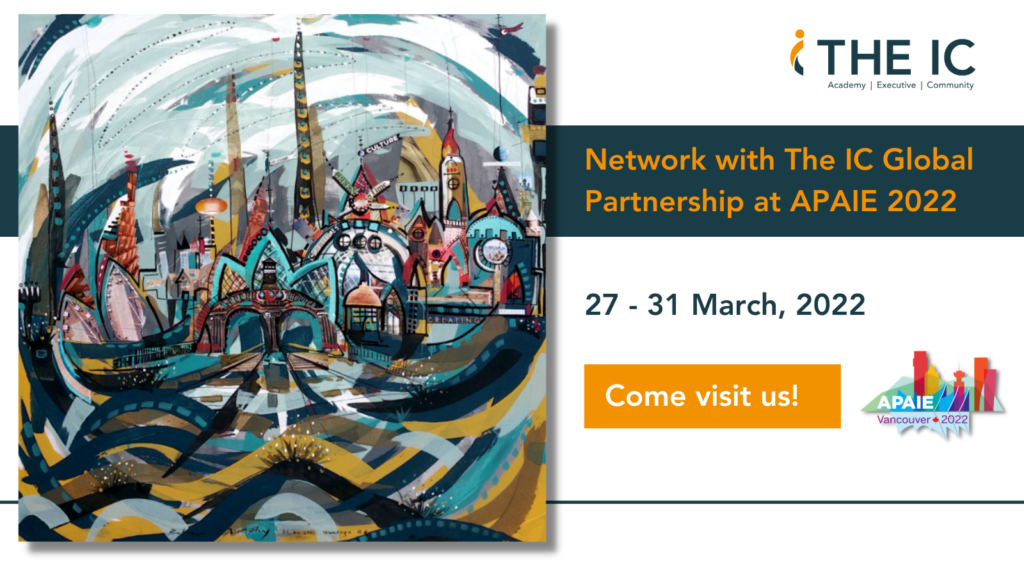
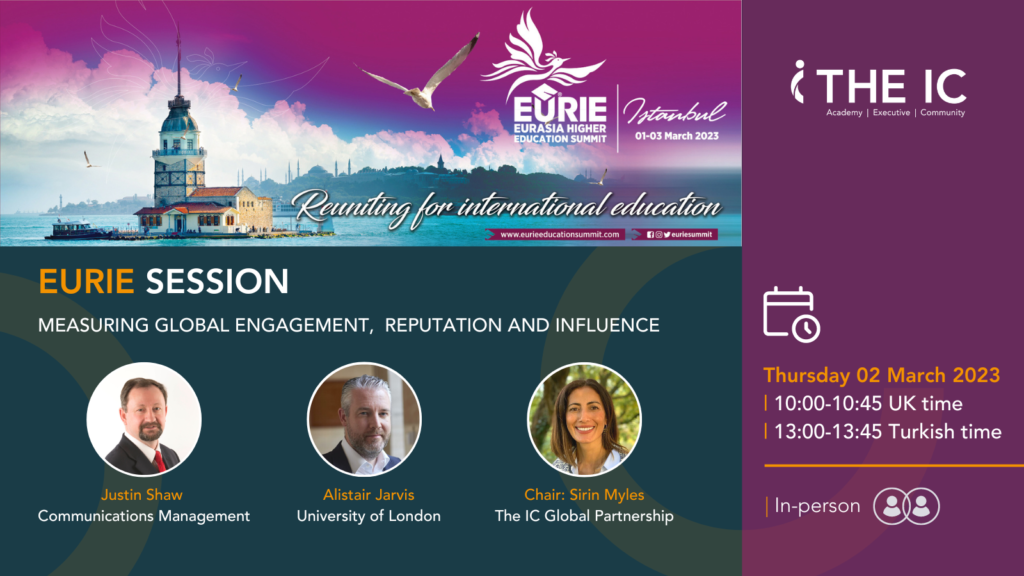
(13:00-13:45 Turkish time) Join our in-person session to find out best practice examples for reputation management worldwide.
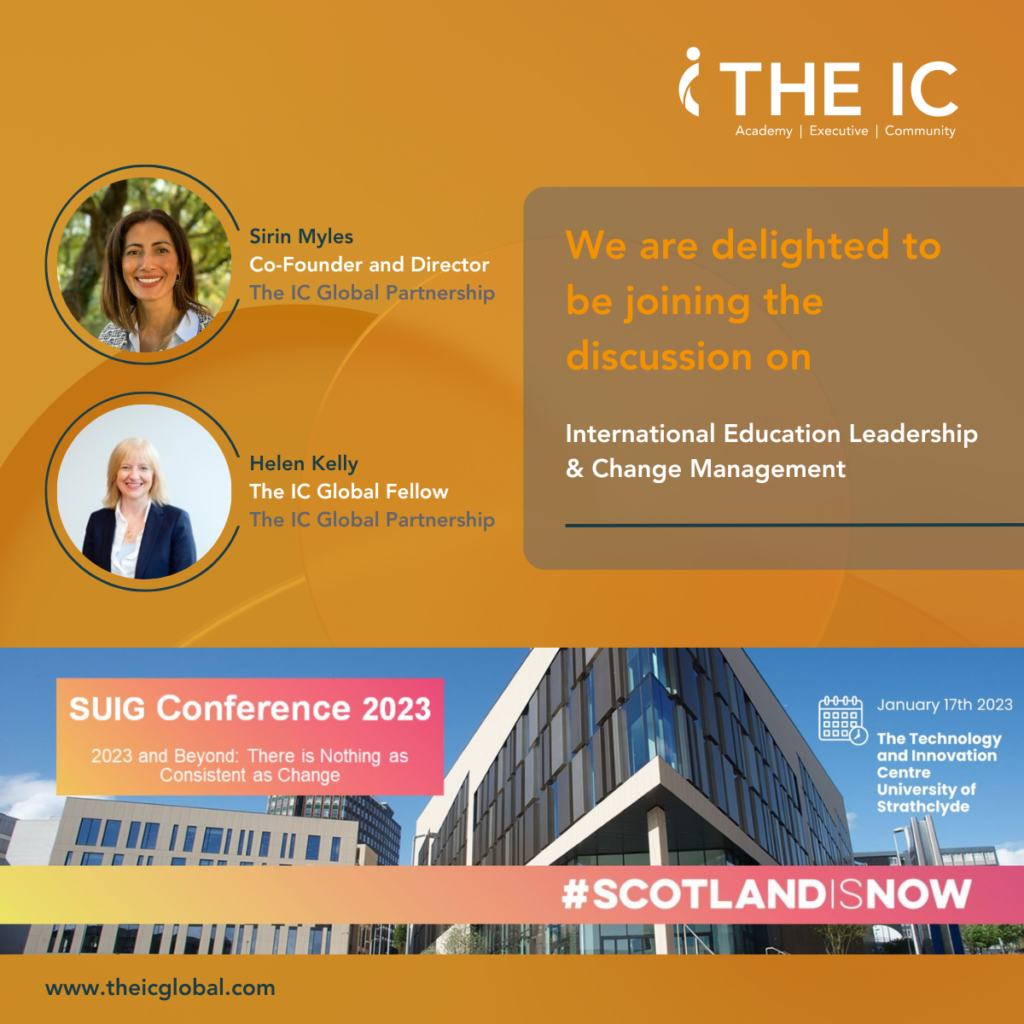
Our session will aim to spark a collaborative discussion around the nature of change in the International Office context.
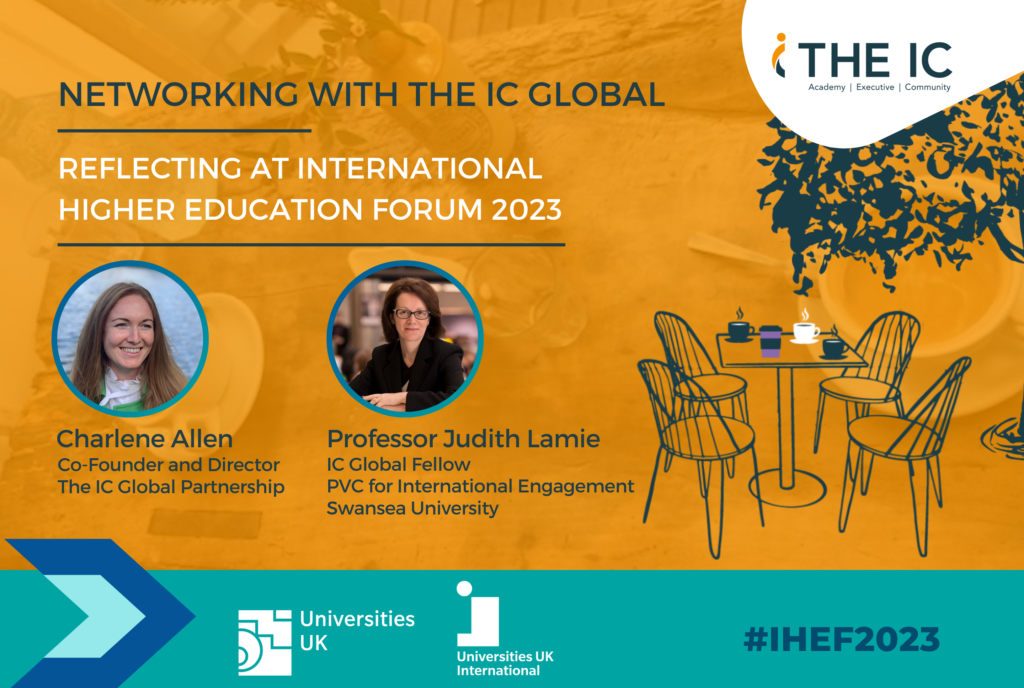
The IC Global is the official Networking Partner for IHEF 2023. We are also hosting a networking session, where you can learn from sector experts.
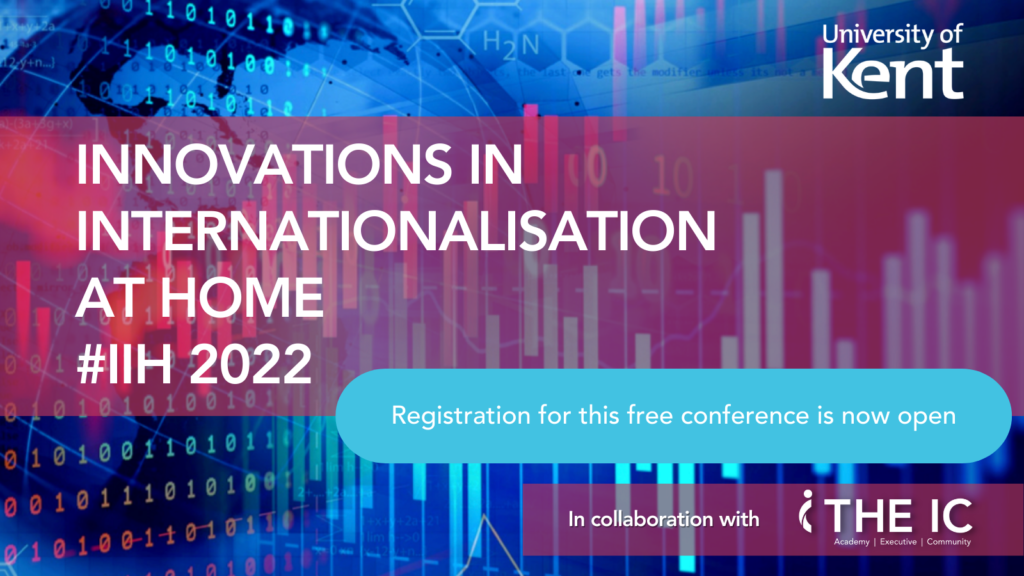
Join us and bring your favourite drink to The IC Global Café Networking Session on Friday 15th July at 16:00 – 16:30 (BST).
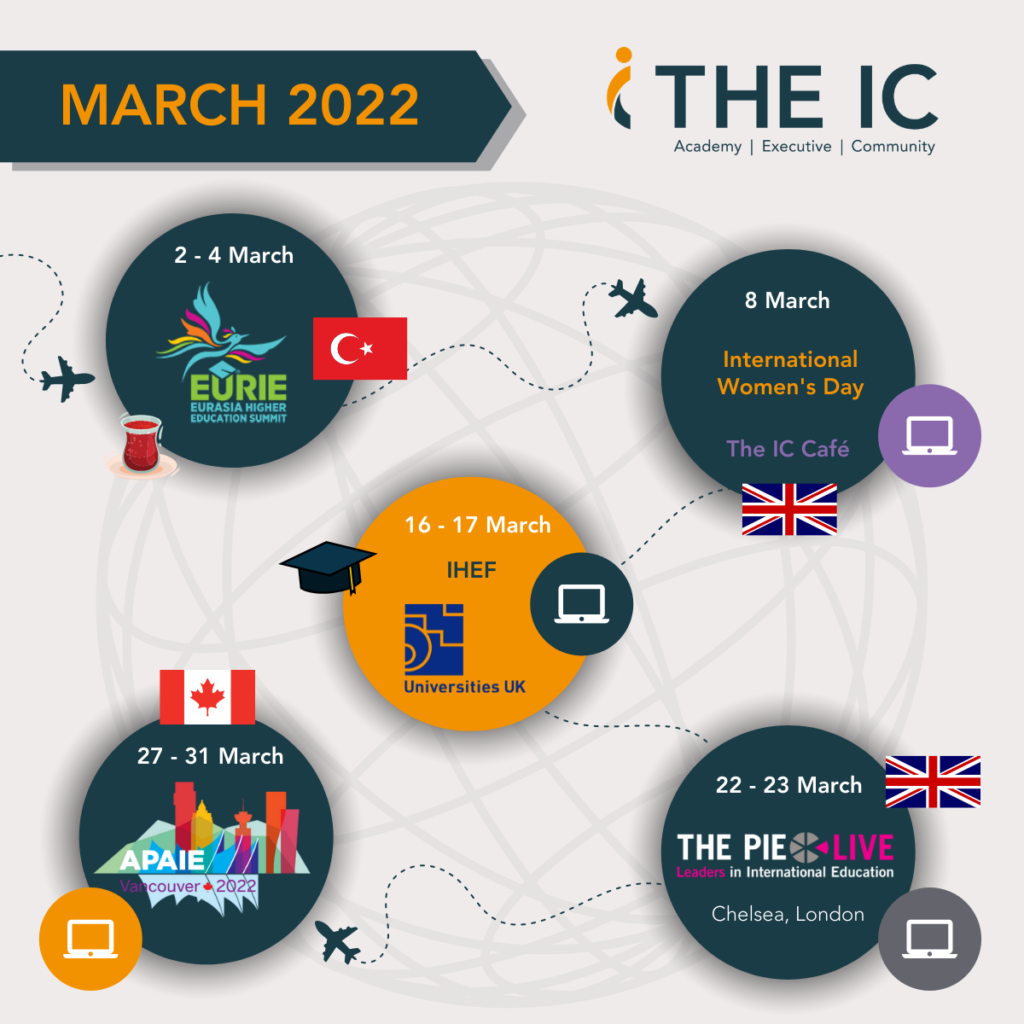
Through our practical and interactive Cafés, workshops and sessions, participants will benefit from The IC’s unique style of learning, knowledge sharing and collaboration, together with our expert speakers.
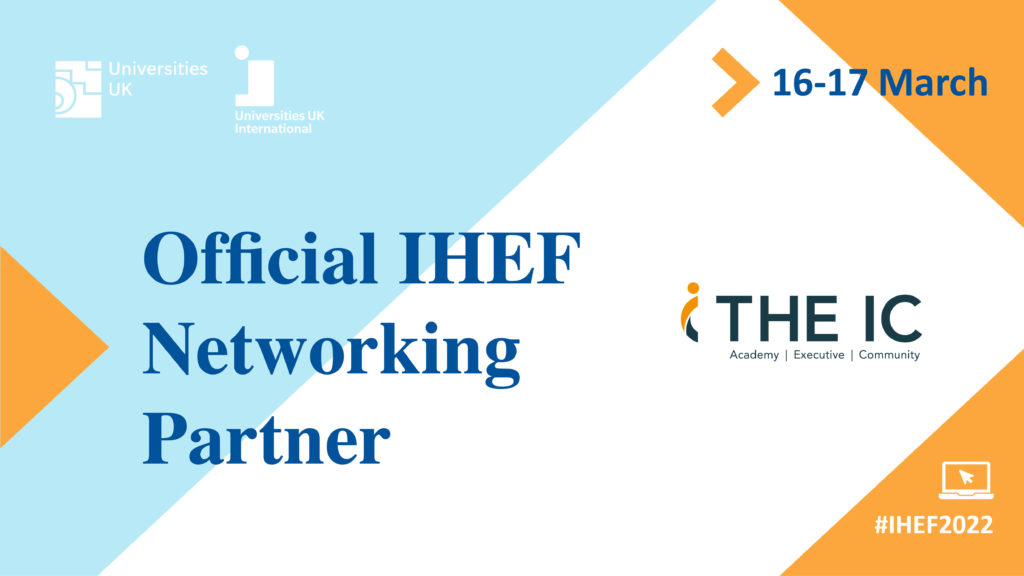
This afternoon networking session will provide a curated space for a global dialogue with delegates across the conference.
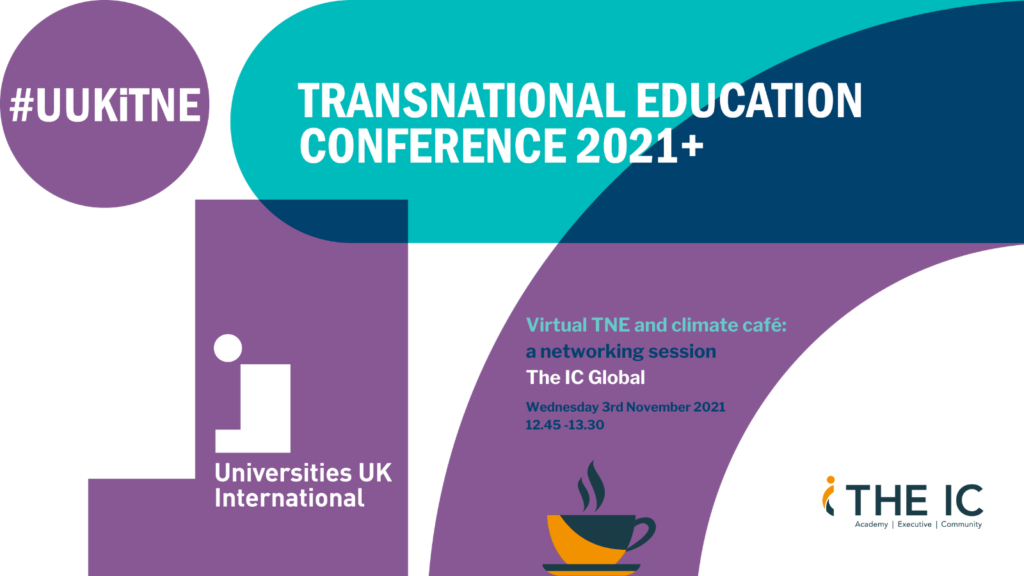
Join us for networking, discussion, sharing experience, and building connections around the topic of where TNE fits into the global task of addressing the climate crisis.
